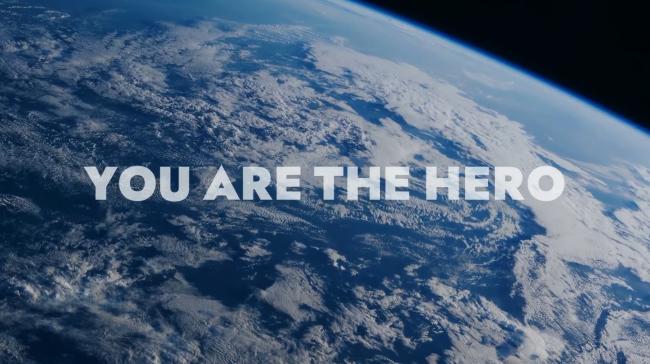The P4G Green Future Week takes place a week prior to the 2021 P4G Seoul Summit, which focuses on the theme, ‘Inclusive Green Recovery Towards Carbon Neutrality.’ The first day kicked off on the theme of “Action of Local Governments towards Carbon Neutrality’, with presentations and dialogues among local government representatives, industries and civil societies.
Han Jeoung-ae, Minister of Environment, Republic of Korea, stressed that achieving carbon neutrality is the most important issue for the global community, and highlighted the Korean government’s high ambition in this regard.
Opening messages, delivered by environmentalist Jane Goodall, Jane Goodall Institute, and youth representatives, urged the world to take action to reverse the impacts of the world’s ecological crises.
Many speakers, including Ban Ki-moon, former UN Secretary-General and President and Chair of the Global Green Growth Institute (GGGI), and Jeon Hae-Cheol, Minister of Interior and Safety, Minister of Korea, noted that such a transition will only be possible with the commitment of local communities and local authorities.
In her keynote address, Kate Raworth, Co-founder, Doughnut Economics Action Lab (DEAL), warned that linear, degenerative industrial processes have created a ‘take-make-use-lose’ approach to resources, which is threatening life on this planet. She noted examples of Melbourne’s investment in wind farms, Amsterdam’s commitment to a fully circular economy by 2050, Portland’s deconstruction of houses to reuse materials, and the ‘sponge city’ approach of Gunli, which enables the city to connect with natural water resources and ecosystems.
Viewers witnessed the presentation of the ‘climate crisis clock’ on stage, with its hands pointing to 9:47 pm, indicating there is still time to take action before catastrophic changes to the planet become irreversible. Local governments of 243 cities and municipalities then presented their pledges for achieving carbon neutrality by 2050, holding up their pledge cards in a moving display of on-screen solidarity. Carbon neutrality, many said, cannot be achieved by any single city or municipality alone—every citizen of the global village will need to take action.
During the interactive session titled 'Climate Neutrality in Action', participants discussed local actions involving citizens and sub-national governments. Gino Van Begin, Secretary General of Local Governments for Sustainability (ICLEI), cited ICLEI’s roadmap to raise ambition for cities and local governments to join the ‘race to zero’ by encouraging ambitious emission reductions by 2030.
Katja Dörner, Mayor of Bonn, reported on the Bonn4Future initiative launched in 2020, a bottom-up participatory process.
Participants also heard from Eui-sun Chuang, Chairman, Hyundai Motor Group, on the group’s advancements in clean mobility solutions including vehicle electrification and hydrogen fuel cells.
Several city mayors of the Republic of Korea shared policies and practices including:
- Yang Seung-jo, Governor of Chungcheongnam-do, who addressed phase-out of outdated coal power plants;
- Kwon Young-jin, Mayor of Daegu Metropolitan City, who discussed transforming outdated industrial energy sources through renewable energy;
- Park Seung-won, Mayor of Gwangmyeong, who highlighted citizen-led cooperatives, education campaigns and platforms for dialogue; and
- Kim Hong-jang, Mayor of Dangjin, who discussed his city’s Carbon Neutrality Green New Deal, which is training former coal industry workers for jobs in renewables.
To receive continuing coverage of this event delivered to your inbox, subscribe to the ENB Update newsletter.









